News (All)
News Legal Blog Upcoming Events
News
In the News
SCBA Fireside Chat with the Honorable Joseph F. Bianco
January 30th, 2026

In the News
CMM Represents Long-Time Client in Acquisition of Energy Management Business
January 26th, 2026
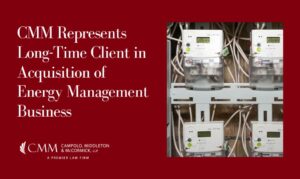
In the News
Campolo Moderates HIA-LI 48th Annual Meeting & Legislative Program
January 19th, 2026

In the News
CMM Completes Successful Sale of Food Industry Business
January 19th, 2026

In the News
CMM Guides Client Through Business Acquisition Unwind
January 12th, 2026

In the News
CMM Navigates High-Stakes Business Divorce on the East End
January 6th, 2026

In the News
Middleton Advocates for Private Helicopter Charter in East Hampton Airport Dispute
December 12th, 2025

In the News
CMM Partner Vincent Costa Named Leadership in Law Award Honoree
November 14th, 2025
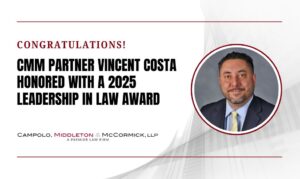
In the News
CMM Closes Commercial Real Estate Acquisition
November 6th, 2025
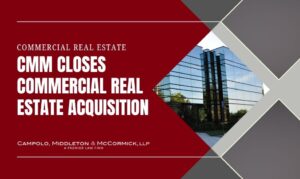
In the News
10 CMM Attorneys Named to the 2025 Super Lawyers® and Rising Stars List!
October 6th, 2025

In the News
Campolo Recognized as a Long Island Business Influencer in Law
September 12th, 2025

In the News
Christine Malafi Named to Dan’s Power Women of the East End
September 10th, 2025
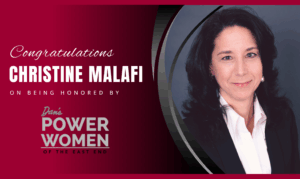
In the News
Richard A. DeMaio Named CMM Partner
September 2nd, 2025

In the News
Legal History Insights: Summer Edition
August 25th, 2025

In the News
CMM’s Scott Middleton Featured in The Best Lawyers in America® for the 12th Year in a Row
August 21st, 2025

In the News
CMM’s Christine Malafi Featured in The Best Lawyers in America® for the 9th Consecutive Year
August 21st, 2025

In the News
Campolo Appointed Treasurer of the Board for the Guide Dog Foundation and America’s VetDogs
August 11th, 2025
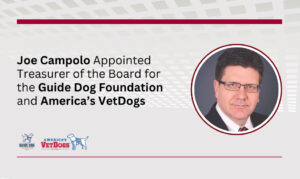
Deals
CMM Closes Prime Commercial Real Estate Sale of NJ Shopping Center
July 25th, 2025
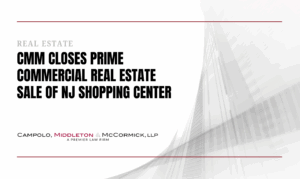
In the News
Christine Malafi Named to Dan’s Power Women of the East End
July 23rd, 2025

In the News
CMM’s David Green Named as President of the Sea Cliff Village Library Board of Trustees
July 15th, 2025
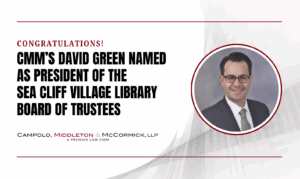
Legal Blog
blogs
NYS Department of Labor Announces New Electronic Certified Payroll Submission Requirements in 2026
January 29th, 2026

Landlord-Tenant
CMM expands landlord-tenant, real estate practices with merger
January 22nd, 2026
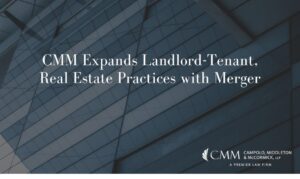
Legal Blog
Key Takeaways for Employers From New York’s Wage Theft Lawsuit Against UPS
January 14th, 2026

Legal Blog
Current Real Estate Market Conditions Offer Opportunities for Retail Tenants
January 5th, 2026

Landlord-Tenant
High Bar for Tenants: Court Sides with Landlord in Harassment Case

Legal Blog
2026 Changes to Minimum Wage and Overtime Exempt Salary Threshold
December 8th, 2025
Legal Blog
Why Real Estate Due Diligence is Critical in M&A Transactions
November 19th, 2025

Legal Blog
Protect Your Business from Wage Lawsuits: How Simple Recordkeeping Can Save Your Business
November 11th, 2025

Legal Blog
Rethinking Arbitration Clauses — What Business Owners Need to Know
October 31st, 2025
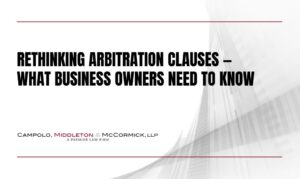
Legal Blog
Employment and Compensation Issues in M&A Transactions
October 24th, 2025

Legal Blog
NY Courts Issue Interim Policy on Judges’ Use of AI
October 17th, 2025
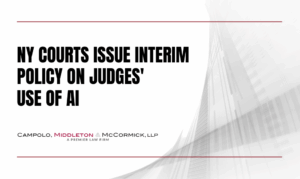
Legal Blog
The Overlooked Obstacle in M&A: Existing Debt and Its Hidden Risks
September 10th, 2025

Legal Blog
What Really Keeps M&A Deals on Track? A Closer Look at Governance and Fiduciary Duties
September 10th, 2025
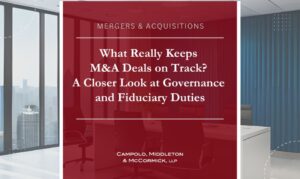
Legal Blog
How Commercial Contracts Can Make or Break Your M&A Deal
September 2nd, 2025

Legal Blog
Consents and Approvals: The First Gate to Closing an M&A Transaction
August 6th, 2025
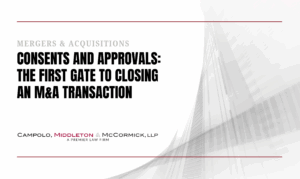
Legal Blog
Ethics and AI: What Lawyers Need to Know
June 26th, 2025

Legal Blog
Annual Business Checkup: Partnership Agreements
April 16th, 2025

Legal Blog
Rassiger quoted in Long Island Business News on Safeguarding Against Tariff Hikes
April 7th, 2025

Legal Blog
Annual Business Checkup: Operating Agreements
March 18th, 2025

Legal Blog
Annual Business Checkup: Shareholder Agreements
March 3rd, 2025

Upcoming Events
May 2, 2026
Staller Center Gala Featuring Mandy Patinkin
Explore Our Library
May 2, 2026
Staller Center Gala Featuring Mandy Patinkin
View our archives: News, Legal Blog, Negotiation Blog, Event Photos, Business Unusual, Long Island News Radio, CMM Live, Spotlights